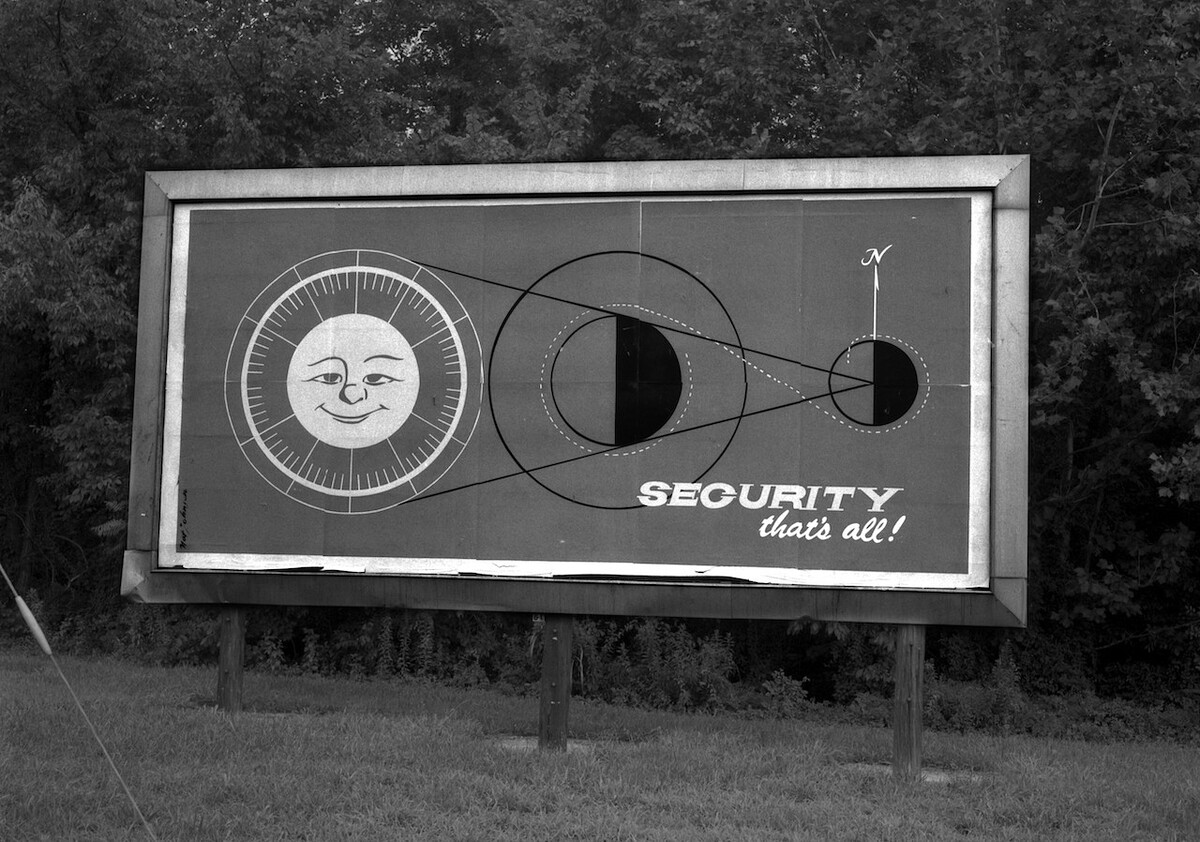If you’re curious at some point, I would really highly recommend reading these two critical pieces which highlight the rather under-appreciated religious motifs and eschatological logic of Tiqqun’s project.
The first is a general critique of the journal immediately subsequent to the release of the first issue, focusing on the Heideggerianism and nihilism, but it also delves deep into the Kabbalist aspect. It is written by other Frenchmen and so the tone is amusingly similar in its polemics, but its coherent, and the best and most comprehensive critique I’ve ever read of their stuff (I’ve read every critique/commentary I could find on them), and on the level of thought rather than picking apart the Tiqqun “type” (which the article also just happens to identify as “bullshitting college kids” lol).
D. Caboret — P. Garrone Avant-garde and Mission 1999

theanarchistlibrary.org
This second article, very recent, focuses solely on the Kabbala stuff, but in much more detail (and more sympathetically). Apparently around the time of the journal the group would summon their metaphysical shoplifting powers to procure pasta for Agamben to cook them, as over dinner he discussed Jewish mysticism’s influence on his contemporaneous book project,
The Coming Community.
In the early 2000s, a radical left-wing magazine referred to the Kabbalah tradition and took a Hebrew name: Tiqqun. The magazine only had two issues, but it constituted the matrix of the Invisible Committee (collective author of The Coming Insurrection) of which Julien Coupat, arrested during...

k-larevue.com





